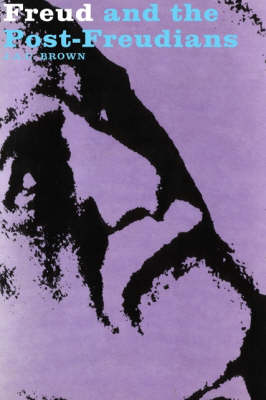Pelican S.
1 total work
In this classic work, originally published in 1961, James Brown provides a compelling account of both Freud's original ideas and of the subsequent developments that arose out of them. He explains in an engaging yet informed manner the basic concepts of psychoanalytic theory, including a survey of the contribution of Freud's contemporaries. The ideas of the early schismatics - Carl Jung, Otto Rank, Alfred Adler, and Wilhelm Stekel - are explored, as are those of the various British schools, including the work of William Rivers, Ian Suttie, Melanie Klein and Ronald Fairbairn. Particular attention is given to the so-called neo-Freudians, with chapters on Karen Horney, Erich Fromm and Harry Stack Sullivan, amongst others. Psychoanalysis is frequently used as a catch-all term to describe the many schools of thought which take their origin from the work of Freud, however much they now diverge from it. For those seeking a more informed exposition of the basic concepts of psychoanalysis and its subsequent developments, this book provides the ideal introduction.
